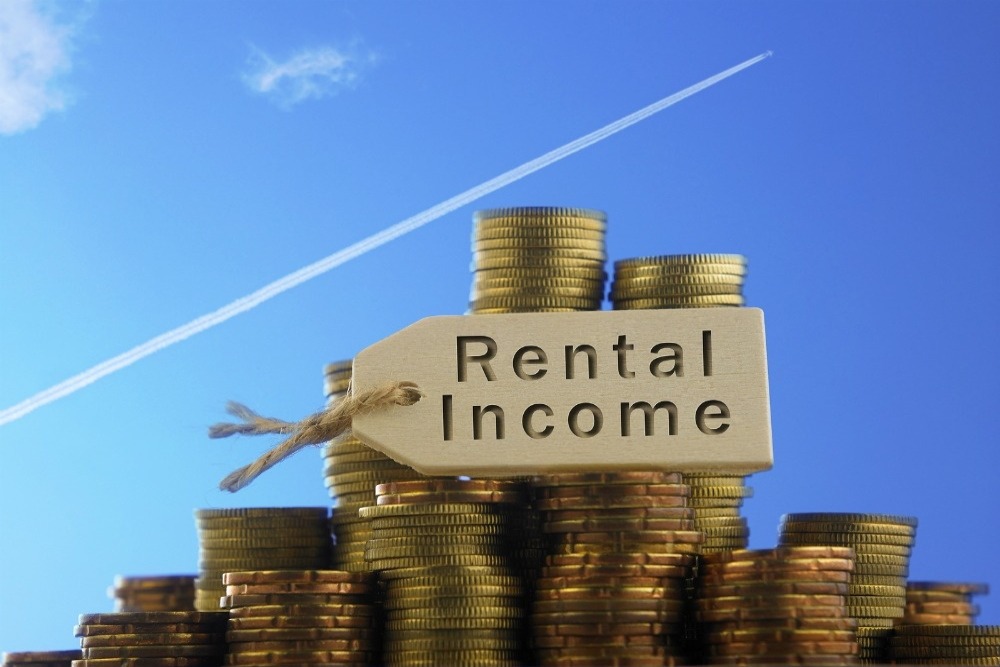The article “Paying Tax On Rental Income While Living Outside Canada” was originally published on MoneySense on March 28th, 2017.
Ed lives abroad and wonders if he should contribute to an RRSP to lower tax on his Canadian rental income.
Q: I am a Canadian citizen and non-resident of Canada. I bought a home last year as an investment. The home is rented and I get an income out of it. Can I buy RRSPs with income that the house is generating?
—Ed
A: RRSP room is generated by having “earned income,” Ed. Earned income most commonly includes employment income or business income, but net rental income is also considered earned income for RRSP purposes.
If you have accumulated RRSP room from your time as a resident in Canada, this RRSP room carries forward along with any new RRSP room you earn from the rental property. For every $100 of net rental income you report on your Canadian tax return, you will get $18 of new RRSP room the next year, subject to maximum limits.
RRSP room is 18% of your previous year’s earned income, up to a maximum of $26,230 for 2017 earned income, plus any RRSP room carried forward from previous years.
As a non-resident, you can certainly contribute to an RRSP and deduct RRSP contributions on your Canadian tax return. It will reduce your Canadian income and tax payable. However, it may not be a beneficial strategy.
You see, Ed, many countries tax their residents on their worldwide income. If your current country of residence does, your Canadian RRSP contribution and tax savings may be all for naught.
Canadian tax you pay on your Canadian tax return may likely be eligible to claim on your foreign tax return as a foreign tax credit, meaning you would have a reduction in your foreign tax to account for Canadian tax already paid. So you may end up claiming your Canadian rental income and your Canadian tax paid, but not your RRSP contribution. The RRSP contribution likely wouldn’t be a deduction you could claim on your foreign tax return, so the deduction may save you Canadian tax, but not foreign tax.
In other words, you may end up with the same overall tax payable between the two countries, meaning the RRSP contribution served no purpose, Ed. You may pay less tax to Canada and more to your country of residence.
Worse yet, when you take withdrawals from your RRSP in the future, there would be tax to pay. That Canadian withholding tax is generally 25% but often reduced to 15% if your country of residence has a tax treaty with Canada and if the withdrawals are periodic withdrawals, like from a RRIF. And the RRSP withdrawal may be taxable in your country of residence, with a tax credit for the Canadian tax paid, if applicable.
RRSP contributions are beneficial when they save you tax today and ideally when you pay less tax on your withdrawals in the future.
In your case, Ed, I worry your RRSP contributions may save you Canadian tax, but when looking at your combined overall tax paid in both countries, may not save you anything. The tax hit on the withdrawals in the future means an RRSP may be a detrimental strategy for your retirement savings and tax planning instead of a beneficial one.
You may be better off claiming depreciation on your rental property (capital cost allowance) to reduce your taxable Canadian net rental income and tax payable. But in much the same way as the RRSP, you may not be able to claim depreciation on the rental property in your country of residence, meaning any Canadian tax you save could just end up being tax you pay on your other tax return anyway.
The depreciation (capital cost allowance) you claim over the years may also come back to bite you when you sell the property, as all of the accumulated deductions must be claimed on your Canadian tax return in the year you sell the property (called recapture). This may cause a similar situation to the RRSP, where the deductions never save you a dollar in tax, yet cost you tax at some point down the road.
In summary, Ed, check into the tax rules in your country of residence. If your local tax rate is equal to or higher than your tax payable on your Canadian rental income, you may be best to opt out of RRSP contributions or even depreciation on your rental property.
Jason Heath is a fee-only, advice-only Certified Financial Planner (CFP) at Objective Financial Partners Inc. in Toronto, Ontario. He does not sell any financial products whatsoever.

